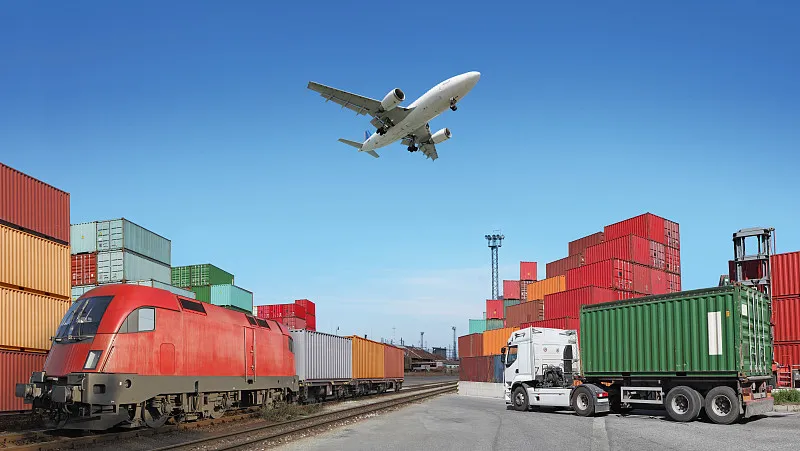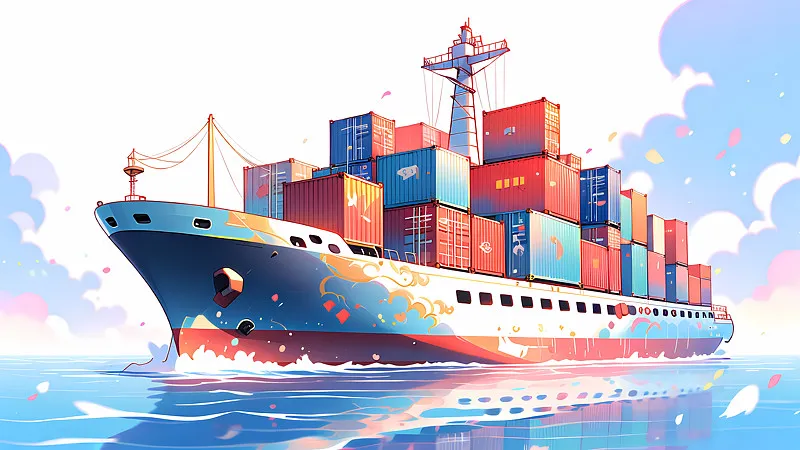Canada has implemented a rigorous regulatory framework for imported goods in the interest of public safety, health, environmental protection, and compliance with international regulations. The Canada Border Services Agency (CBSA) has instituted import restrictions on numerous items to ensure that goods entering the market meet the necessary safety standards. This includes items such as illegal drugs, counterfeit goods, unquarantined plant and animal products, certain hazardous chemicals, weapons, and unapproved medicines and food. In addition, items such as alcohol, tobacco, and cash are subject to strict quantity and declaration requirements. Therefore, to ensure smooth customs clearance and avoid unnecessary delays, check and confirm that your products are not subject to these import restrictions or prohibitions before beginning shipment to Canada.

Importing to Canada: Restricted Items
If an item is restricted, don’t worry! This just means that you’ll need to provide a few documents to Canadian customs before they can send your parcel to its final destination. These could include proof of a license or certificate and any required forms.
Here’s a list of the goods that are currently restricted:
- copyright works
- currency
- dead animals, including wild birds or their parts
- diamonds (rough)
- drugs and other controlled substances
- eggs, milk and other dairy products
- films
- fish, game, meat, poultry, fruit, vegetables and their products
- intoxicating liquors
- liquids, liquefiable substances and powders
- live chicks, parasites, leeches, bees and bees’ wax
- medical material, including specimens
- plants, seeds, fruits, bark, plant parts and soil
- seed potatoes, onions and other raw root crops
- tobacco
- wheat, straw, bran, chaff, barley and their products
Importing to Canada: Prohibited Items
Once an item is banned, it’s not allowed to enter Canada. There’s no room for negotiation here. If prohibited items appear at customs, the consequences can be severe. Canadian customs are very strict about enforcing the law, and they’ll take items away right away. If they have to, they’ll even destroy them to show how serious they are about the law and keep everyone safe.
Here’s a list of the goods that are currently restricted:
- beekeeping apparatus, used
- chain letters and other literature pertaining to fraudulent schemes
- contraceptive devices and literature
- corrosives, nuclear substances or oxidizing substances
- counterfeit or imitation coins
- firearms, weapons and ammunition
- gold bullion, gold dust or non-manufactured metals
- hate propaganda
- live animals
- manufactured goods bearing insufficient markings or origin
- margarine or butter substitutes
- metallic labels
- obscene, immoral, indecent or scurrilous matter
- poisonous or infectious substances
- prison-made goods
- unlawful lottery tickets and advertising
How can restricted goods be imported into Canada

Understand the relevant laws and regulations
- Restricted goods list: First, you must confirm whether your goods are restricted goods listed by the Canada Border Services Agency (CBSA). Depending on the type of goods, restrictions may be related to health, the environment, safety, etc.
- Compliance requirements: Check Canada’s compliance requirements for these goods, especially those related to import licenses, product certification, quarantine regulations, etc. For example, certain chemicals, medicines, and animal and plant products require special approval and quarantine certificates.
Obtain relevant licenses or approvals.
For restricted items, applying in advance for import licenses is usually necessary. For example
- Pharmaceuticals and medical devices: approval from Health Canada is required.
- Plant and animal products: meet the quarantine and inspection requirements of the Canadian Food Inspection Agency (CFIA).
- Hazardous chemicals: comply with the Canadian Department of Environment and Climate Change (ECCC) regulations.
- Weapons and defence supplies: comply with the export control regulations of the Royal Canadian Mounted Police (RCMP) and related agencies.
Ensure compliance with labelling and packaging requirements.
- All items exported to Canada must comply with Canadian labelling, packaging, and safety standards, including labels in English or French and packaging that meets Canadian quality standards.
- For certain items, such as food, medicine, cosmetics, etc., detailed ingredient information, production licenses and proof of a valid shelf life may also be required.
Advance declaration and import duties
- During transport, importers must declare to Canadian customs, providing accurate information about the goods (e.g. value, quantity, purpose, place of origin, etc.).
- Duties and taxes: For restricted goods, importers may be required to pay the corresponding duties, value-added tax (GST), provincial sales tax (PST), etc.
Compliance checks and quarantine
- Canadian customs and other relevant authorities (e.g. the Canadian Food Inspection Agency, Health Canada) may conduct compliance checks and quarantine on imported goods. This may involve requesting additional documentation or having the product inspected.
- Health certificates or quarantine certificates may also be required for plants, animals, and their products to ensure that they do not carry infectious diseases or pests.
Partner with a professional logistics company
- Due to the complexity of export and import requirements for restricted goods, you should partner with an experienced logistics company or import and export agent. They can help you with the complicated paperwork and customs clearance procedures and ensure that all requirements are met.
Review international trade agreements.
- Canada is a party to several free trade agreements (e.g., the USMCA/Canada-US-Mexico Agreement, etc.) that may affect import requirements for specific goods. Ensure you understand the impact of the relevant contracts on your products.
Comply with export controls in the exporting country and Canada
- If your goods are subject to export controls (e.g. weapons, technical data, sensitive technology, etc.), comply with the exporting country’s export control regulations and Canada’s import requirements.
You may be interested in the following content:


